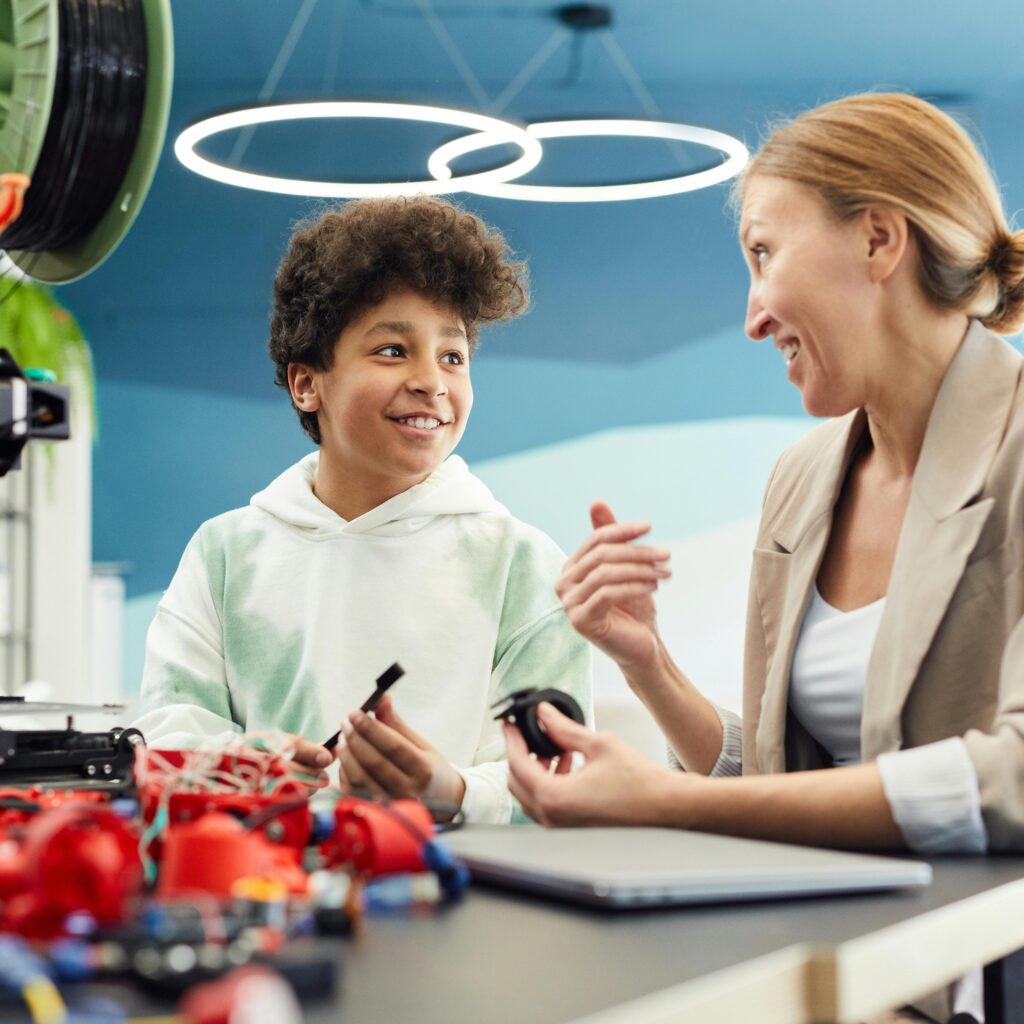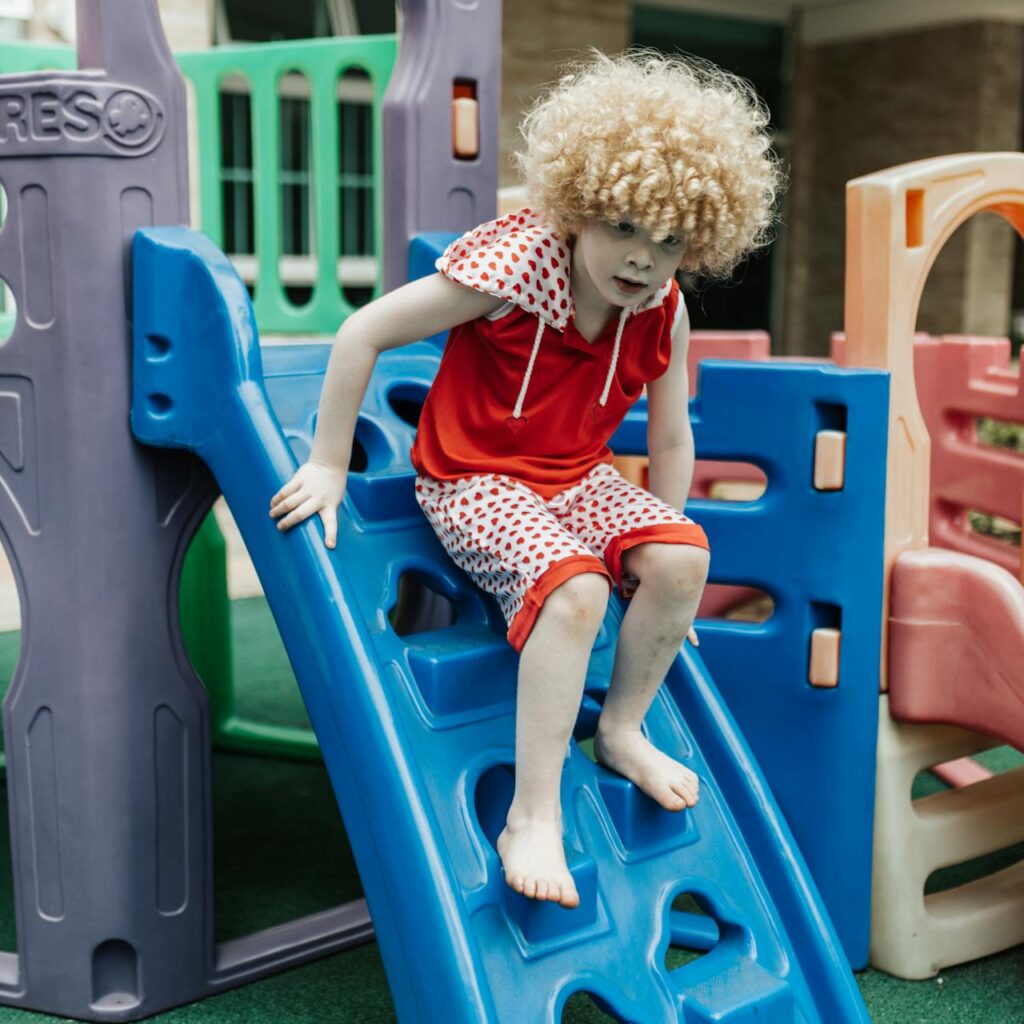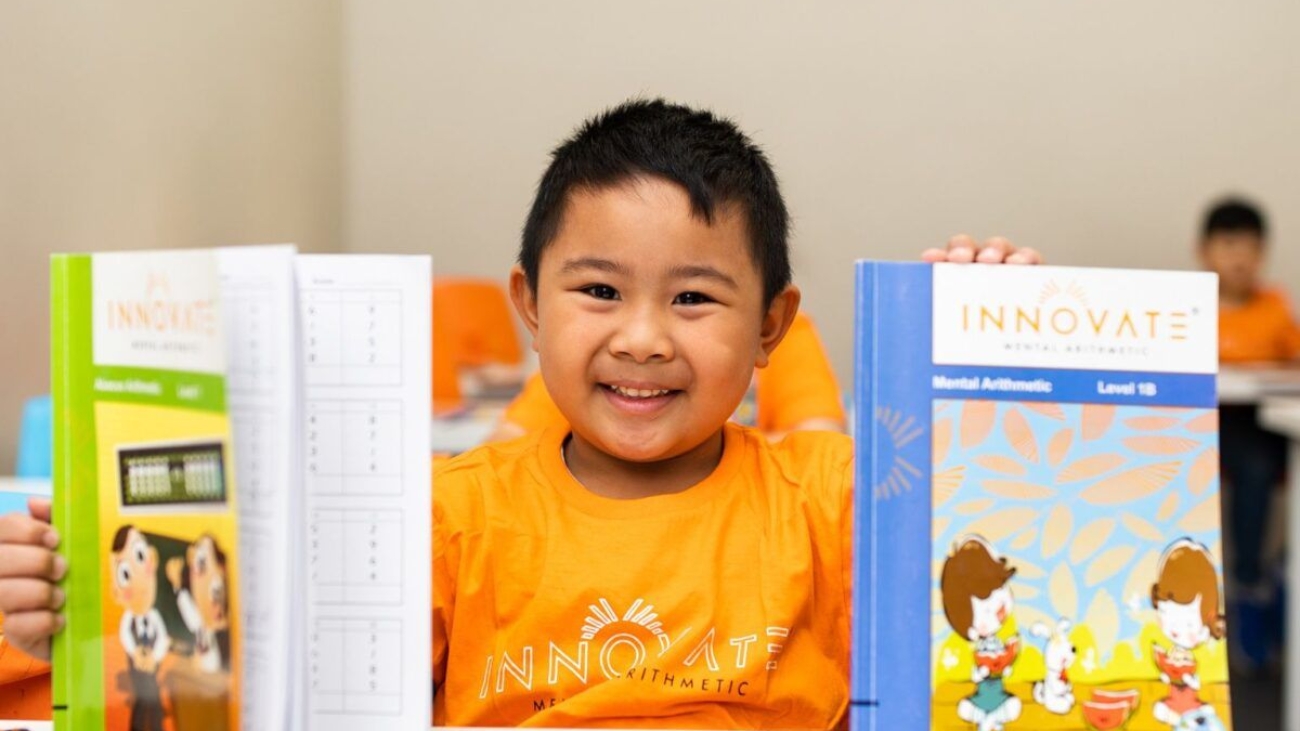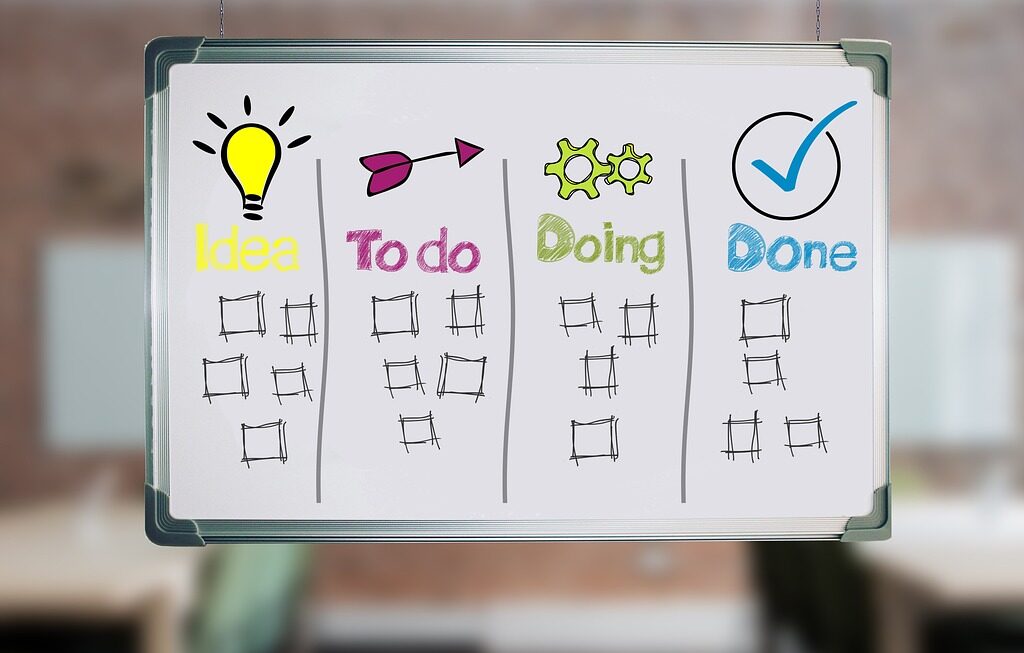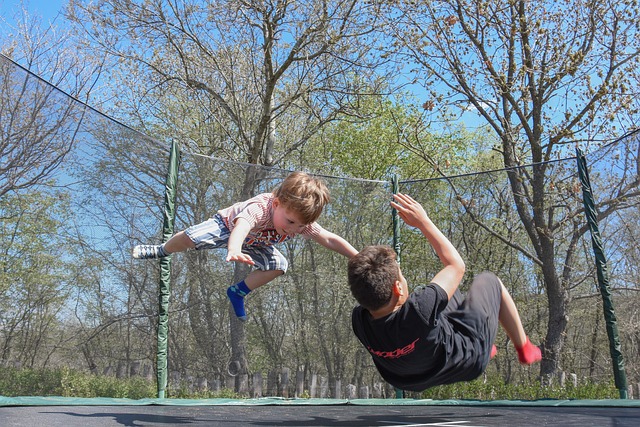In a world brimming with distractions, where wants often outpace needs, teaching children gratitude is one of the most powerful gifts a parent can give. Gratitude isn’t just about saying “thank you”—it’s about cultivating an outlook that recognizes and values the good in life, even in its smallest moments. As parents and caregivers, guiding our children toward gratitude doesn’t just shape their manners—it shapes their mindset, resilience, and emotional well-being for life.
Why Gratitude Matters

Research consistently shows that children who practice gratitude tend to be happier, more optimistic, and better equipped to manage stress. Grateful kids show greater empathy, stronger relationships, and a more positive attitude toward school and challenges. At its core, gratitude helps children shift focus from what they lack to what they have, creating a mindset of abundance rather than scarcity.
Gratitude has also been linked with improved physical health, better sleep, and even greater self-esteem. When children regularly reflect on what they’re thankful for, they begin to understand and appreciate life more deeply—and that often carries forward into adulthood.
Where Gratitude Begins

Gratitude starts with awareness. Young children learn best by observing,
so modeling gratitude in your own daily life is one of the most effective tools. When parents make a habit of expressing thanks—whether it’s toward a partner, a teacher, or a stranger holding the door—kids absorb that behavior as normal.
It’s also important to talk about emotions openly. Encourage children to express how they feel when someone does something kind for them. This helps them make the connection between generosity and appreciation, turning fleeting moments into opportunities for reflection and learning.
Practical Ways to Teach Gratitude
Here are some engaging, age-appropriate ways to nurture gratitude in children:

1. Start a gratitude ritual
Whether it’s sharing one thing you’re thankful for at dinner, or keeping a family “gratitude jar” where notes are dropped daily or weekly, these simple habits build awareness over time. Even drawing pictures of things they’re thankful for works beautifully with younger kids.

2. Write thank-you notes together
Handwritten notes are a powerful way for children to pause, reflect, and express gratitude in a tangible way. This practice teaches that saying “thank you” can go beyond words—it can be a thoughtful, memorable act.

3. Use bedtime reflections
Before sleep, ask your child what made them smile today. This encourages them to end the day on a positive note and trains their brain to focus on the good, no matter how tough the day was.

4. Read stories that reinforce gratitude
Books are fantastic gateways into deeper values. Look for stories with characters who learn to appreciate what they have or who show kindness to others. Afterward, discuss the messages together.

5. Practice giving
Whether it’s donating toys, baking for a neighbor, or volunteering as a family, giving creates empathy. Children understand gratitude better when they experience both sides of generosity—the giving and the receiving.
Teaching Gratitude During Tough Moments
Gratitude is especially valuable when times are challenging. If your child is feeling frustrated or disappointed, gently prompt them to find something small they’re still grateful for. It’s not about dismissing their feelings—it’s about helping them build emotional resilience. Gratitude becomes a coping skill: a way to reframe difficulties and find stability when things feel uncertain
The Ripple Effect
When children grow up feeling thankful, they tend to become adults who are kinder, more generous, and emotionally grounded. Gratitude creates connection—between people and within communities. It turns entitlement into appreciation and comparison into contentment.
And perhaps most importantly, grateful children often develop a deeper respect for the efforts of others, for nature, and for the privileges they might otherwise take for granted. That respect becomes the foundation for integrity and empathy—values that serve them for life.

Teaching gratitude isn’t a one-time lesson; it’s a continuous journey built on meaningful moments, small conversations, and daily habits. But the payoff is immeasurable. Raising children who recognize and appreciate the blessings in their lives sets them up not just for success—but for joy, resilience, and deep, lasting fulfillment. make it even more practical.














